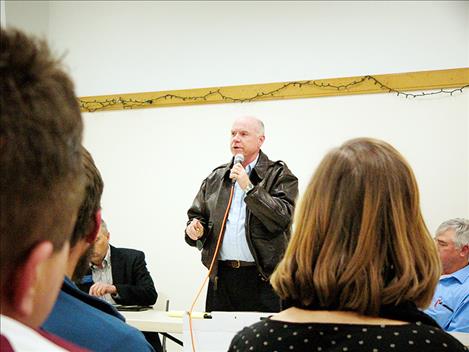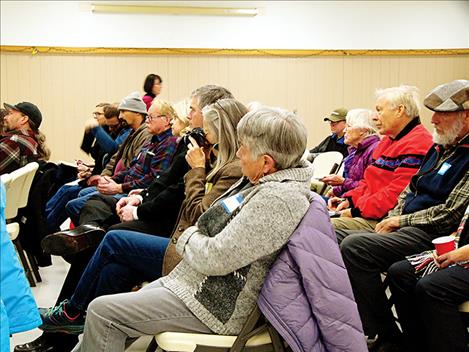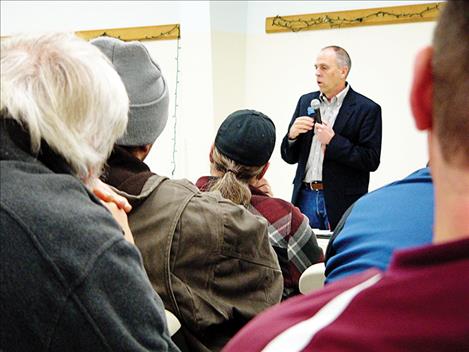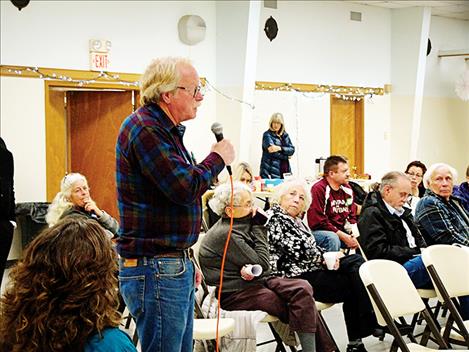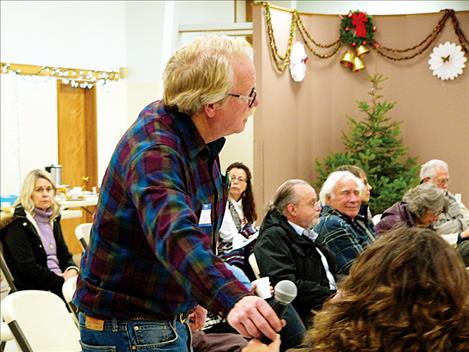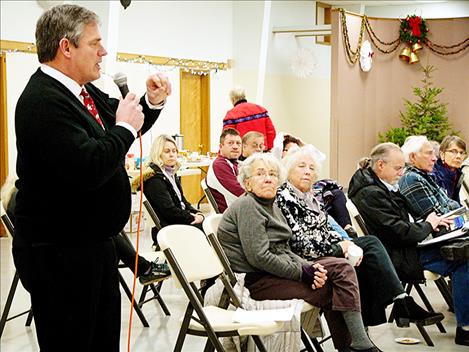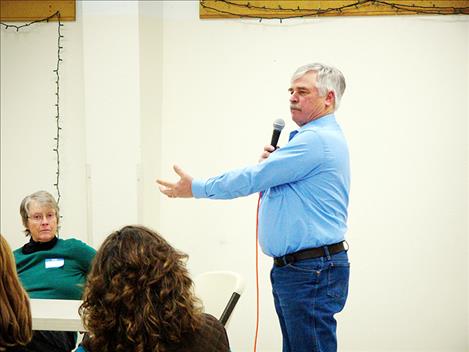- Home >
- News >
- Local News >
- Government
Representatives answer to constituents
Issue Date: 12/26/2018
Last Updated: 12/21/2018 6:23:07 PM |
By
Mary Auld
Keep Reading!
You’ve reached the limit of 3 free articles - but don’t let that stop you.















